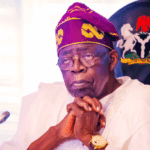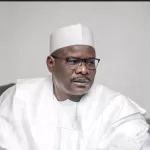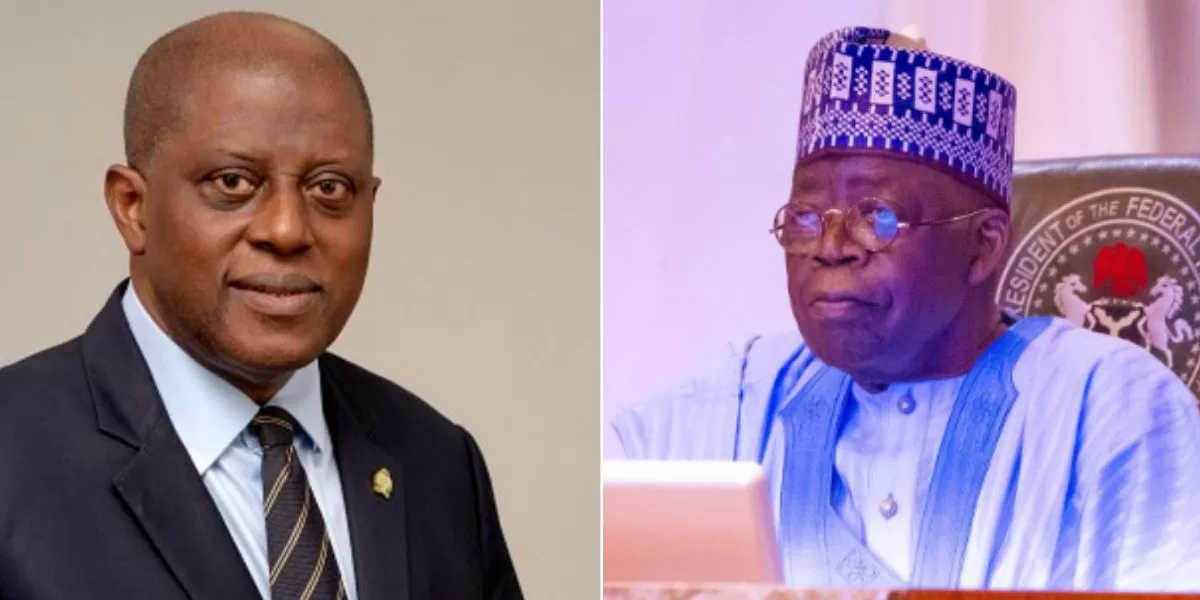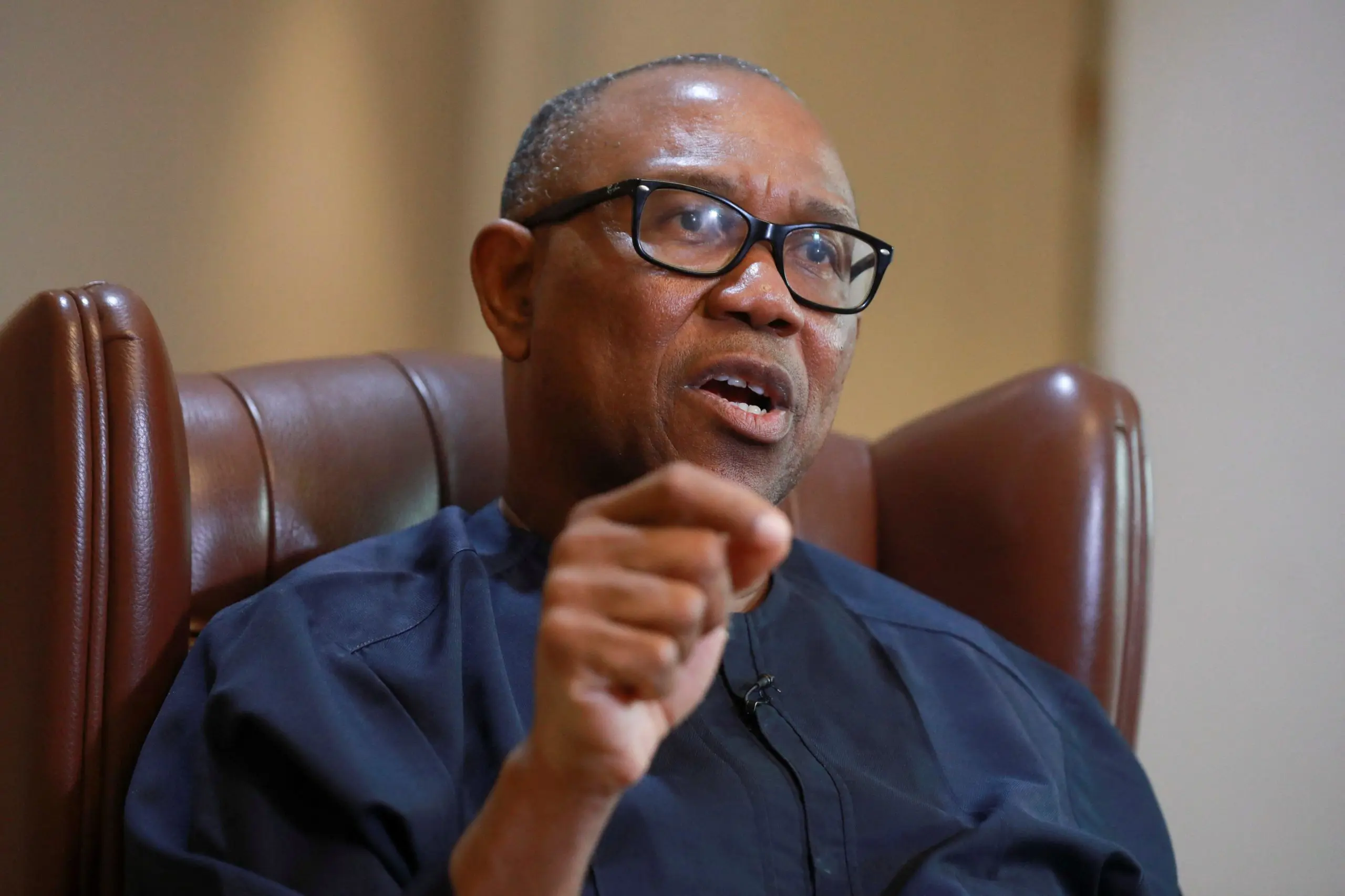President Bola Ahmed Tinubu has asked the Central Bank of Nigeria (CBN) to suspend the implementation of the controversial cybersecurity levy policy and ordered a review.
It was earlier reported that the CBN, on May 6, 2024, issued a circular mandating all banks, mobile money operators, and payment service providers to implement a new cybersecurity levy.
According to the Act, a levy amounting to 0.5 per cent of the value of all electronic transactions will be collected and remitted to the National Cybersecurity Fund, overseen by the Office of the National Security Adviser
The levy did not go down well with Nigerians, the Nigerian Labour Congress, and the Centre for the Promotion of Private Enterprises.
NLC rejected the levy, noting it would worsen the economic hardship on Nigerians.
Also, CPPE, in a statement by its director, Dr Muda Yusuf, called for its suspension as it is insensitive when Nigerians face severe economic hardship.
However last Thursday, the House of Reps asked the CBN to withdraw its circular directing all banks to commence charging a 0.5 per cent cybersecurity levy on all electronic transactions in the country.
This development was in response to a motion on the urgent need to halt and modify the implementation of the cybersecurity levy, moved by Kingsley Chinda.
According to the House, the CBN is to withdraw the initial circular, and “issue a more understandable one”.
Chinda had drawn the attention of the House to multiple interpretations of the CBN directive against the specifications in the Cybersecurity Act.
The House then expressed worry, that the Act would be implemented in error if immediate steps were not taken, to address the concerns around the interpretation of the CBN directive and the Cybersecurity Act.
However sources with knowledge of Tinubu’s position on the issue told Sunday PUNCH that the President was aware of the economic burden on Nigerians since his hardline economic reforms began last May, adding that he did not want to risk adding to the burden with more levies.
A senior presidency official who preferred not to be named told our correspondent, “The President is sensitive to what Nigerians feel. And he will not want to proceed with implementing a policy that adds to the burden of the people.
“So, he has asked the CBN to hold off on that policy and ordered a review. I would have said he ordered the CBN, but that is not appropriate because the CBN is autonomous. But he has asked the CBN to hold off on it and review things again.”
Another presidency official who preferred to remain anonymous as he was not authorised to speak on the issue said these discrepancies prompted the President to order a review.
“If you look at it, the law predates the Tinubu administration. It was enacted in 2015 and signed by Goodluck Jonathan. It is only being implemented now.
“You know he (Tinubu) was not around when that directive was being circulated. And he does not want to present his government as being insensitive. As it is now, the CBN has held off the instruction to banks to start charging people. So, the President is sensitive. His goal is not to just tax Nigerians like that. That is not his intention. So, he has ordered a review of that law.
Meanwhile,the Vice President, Kashim Shettima, on Saturday, said the tax reforms undertaken by the Bola Tinubu administration were not aimed to frustrate Nigerians but to sustain the country’s investment friendliness.
The VP, represented by his Special Adviser on General Duties Dr Aliyu Umar, spoke at the close-out retreat of the Presidential Fiscal Policy and Tax Reforms Committee held at the Transcorp Hilton, Abuja. Shettima’s Spokesperson, Mr Stanley Nkwocha, revealed this in a statement titled, ‘Our tax reforms initiated for overall benefits of Nigerians – VP Shettima’.
He argued that contrary to speculations in some quarters, “we are not here to frustrate any sector of our economy but to create an administrative system that ensures the benefits of a thriving tax system for all our citizens”.











